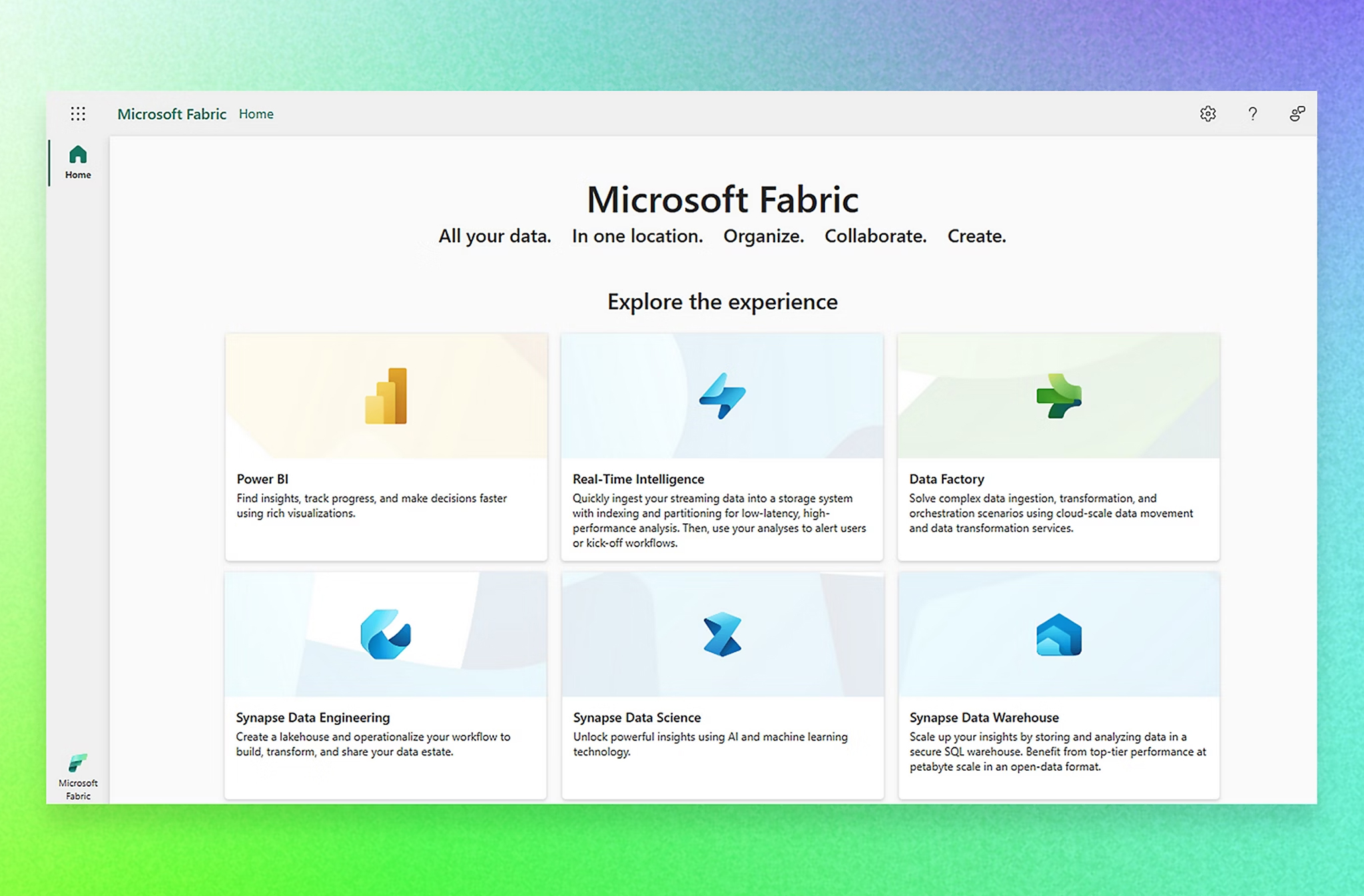
Hello world.
Introducing Pivotl
James Herbert, Our CEO, shares why we’ve launched Pivotl and why he believes data is the foundation of the business transformations to come.
The last ten years of founding, building, selling, acquiring and floating companies has been quite the ride. It’s been bumpy – Brexit, 4 Elections, the Pandemic, a serious, ongoing health issue for my daughter – are just some of the non-work challenges that have been set as we have bootstrapped and launched four businesses covering Cloud, Software, Automation and full stack digital transformation services.
Having sold to and been part of the founding team that floated TPX Impact I’ve been lucky enough to take the last year off. I didn’t feel burnt out but had got to a point where I was a bit fatigued with the topic of Digital Transformation, wondering if its promise had stalled and whether I could still summon up the energy to “go again”, as they like to say in football. I’ve got even less hair on my head than when I started, I can’t hear people in pubs and my hip hurts constantly; you do feel like you might be at a bit of a crossroads.
So, I’ve spent much of the last year thinking, researching, reading, and lately writing. I wanted to understand the details and specifics of the next phase of the digital economy – data – and investigate whether and how I should play a role in that work.
This sounds like a really wise, entrepreneurial plan. It wasn’t. I spent the first few months obsessively cutting the lawn and failing to lose 2 stones. In fact, the plan just sort of emerged due to research I was invited to carry out by Exeter University on the role of data in the future of the Defence industry. But in doing so I realised that, actually, what is about to happen does build on what has gone before and is also fundamentally different. And therefore to me, exciting. Corporates have talked about data for years – doing more with it, joining it up, making decisions based on it – but for many organisations the enablers and the drivers weren’t really there. They are now.
I was invited to carry out [research] by Exeter University on the role of data in the future of the Defence industry
What are the enablers that weren’t there 15 years ago? Public cloud, modern data platforms, mature engineering practice, emerging thinking on applying a product mindset to data and lessons learnt from adoption of agile, devops and other modern business practices. Away from technology we now have an interested executive layer prepared to sign off budgets and to promote data centric business strategies. In other words, the technology and the business appetite now exists to allow us to do all the things we would always have liked to have done with data.
Whilst the drivers for data centricity can feel less positive they still represent opportunity. As a nation we have a desperate need to solve chronically low levels of productivity – according to a recent research briefing by Parliament the UK is nearly 20% less productive than the US. Data and all that it drives – automation, machine learning, artificial intelligence – look like a large part of the solution to this stubborn conundrum.





